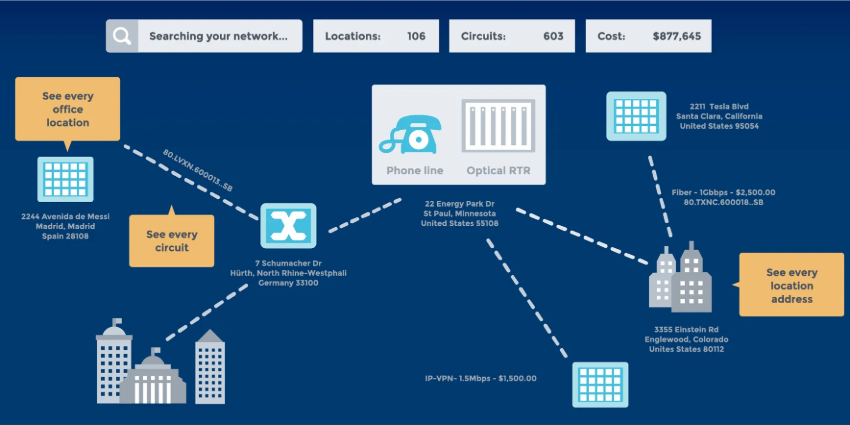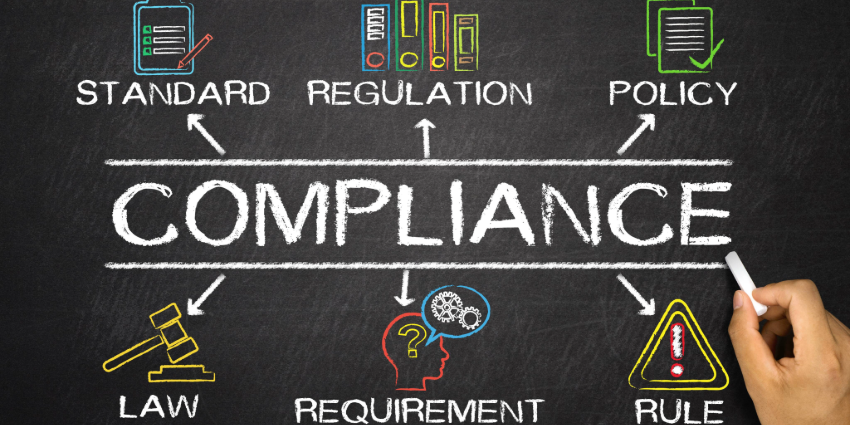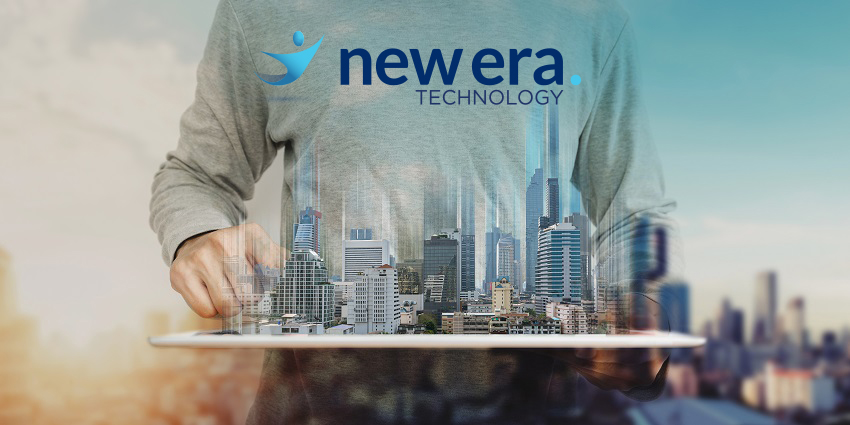Digital data is often considered particularly well-suited for investigatory purposes. It’s possible to search electronically for information in a database within a fraction of the time it would take to read through physical documents. However, as the quantity of data we create in today’s digitally-connected world continues to expand, eDiscovery is becoming more complex.
Enterprise data is growing exponentially, at a rate we could scarcely imagine just a few years ago. As millions of employees transition to remote work and countless conversations begin to take place online, legal teams face new challenges in managing critical information.
For many businesses, now is the time to redefine, clarify, and modernise eDiscovery.
What is eDiscovery? An Evolution of Electronic Discovery
At some point, most businesses will encounter a need to find, review, and extract data from their ecosystem according to strict deadlines. According to some studies, a regulatory body has asked around 55% of businesses to produce content for legal purposes.
Investigations, litigation, audits, and even business transformation projects require rapid information access. In the past, organisations often preserved their electronic communications and scanned documents in archives explicitly built for that purpose. However, these legacy archives weren’t designed to handle the growing volume and assortment of data we create today.
As a result, many organisations began paying for multi-point solutions to archive each communication channel separately, but this strategy had several problems. Not only is separately collecting and managing information more expensive, but it also makes accessing and parsing the correct data more challenging and time-consuming.
The Rising Demand for Modern eDiscovery Tools
In any scenario requiring eDiscovery, time is often of the essence. Information must be captured and presented quickly to adhere to strict deadlines. However, collecting data rapidly without disrupting context or information accuracy can be complex.
Perhaps the most significant change influencing the eDiscovery landscape today is the rise of remote work and the transformation of collaboration and communication.
Today’s legal teams are challenged to decipher and preserve conversational context and insights travelling through various platforms in different formats. Brands must collect and manage chat records, voice recordings, co-authoring comments, whiteboards, and video meetings. As the way we create and share information evolves, so too does the eDiscovery space.
The risks are growing with so many different types of ESI (Electronically Stored Information) to consider and more volume to manage than ever before. The rise of modern “eDiscovery software”, designed to align, simplify, and enhance the information discovery process, is the key to staying ahead of compliance requirements.
What Do Modern eDiscovery Tools Do Today?
Today’s eDiscovery tools must enhance and optimise the process of identifying, collecting, processing, preserving, and reviewing data. To do this, they need to be able to collect and organise information from a multitude of environments in a single pane of glass.
Enterprise-focused solutions for modern eDiscovery, such as the Smarsh Enterprise Archive, are purpose-built for the new age of digital communication. This cloud-native solution allows larger organisations with varied communication data to store information in its native format. This ensures accuracy and context are preserved in any virtual conversation.
The Enterprise Archive from Smarsh also works alongside the company’s dedicated Discovery application. This intelligent tool supports organisations in quickly and effectively seeking out valuable data. The discovery application ensures content can be preserved securely, with identity mapping capabilities between content sources and custodians.
“We’ve already seen how interactive and collaborative content impacts the regulatory compliance processes, it is inevitable that firms addressing eDiscovery and investigations will experience the same impact, if they aren’t already today!” – Shaun Hurst, Principal Regulatory Advisor for EMEA, Smarsh.
What’s more, with modern eDiscovery tools, organisations can streamline data management with powerful search, case management, review, and legal hold tools, without jumping between different databases.
The Benefits of Modern eDiscovery Tools
Modern eDiscovery solutions allow companies to minimise the rising costs and complexities of handling large volumes of communication data. Via an all-in-one scalable environment, businesses can create secure, auditable, and defensible workflows for eDiscovery across a host of ever-evolving collaborative tools. The benefits of modern eDiscovery solutions include the following:
- Contextual capture: Users can identify, review, and preserve information from electronic communications from dozens of channels on-demand while retaining context.
- Powerful search: Rather than waiting days to get results from a deep dive into a database, users can review search results quickly with iterative insights.
- Case management: A modern eDiscovery solution ensures businesses can filter large sets of communication data into more manageable chunks for rapid results.
- Fast legal holds: When time is of the essence, modern eDiscovery tools permit businesses to place legal holds across captured content sources to preserve accuracy.
- Tags and filters: Via intelligent filters and tags, companies can more easily surface relevant content from a data “haystack” and export it to the appropriate channels.
- High-speed exports: An essential part of eDiscovery is effectively sharing data. Modern channels ensure it’s possible to export information in the correct formats, to the correct channels, without damaging data clarity.
It’s Time to Update eDiscovery
Ultimately, a modern eDiscovery and archiving solution are necessary for any business in today’s evolving data landscape.
With more people shifting into the age of remote and hybrid work, internal investigations, audits, and legal processes involving eDiscovery are becoming infinitely more complex. Using a cloud-based, scalable solution that collects data across multiple devices and applications reduces costs, eliminates risks, and allows seamless business operations.







